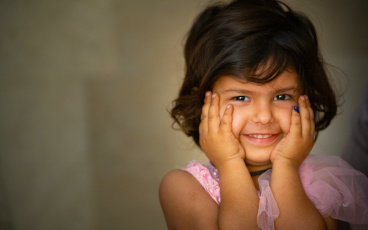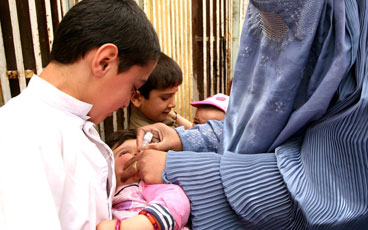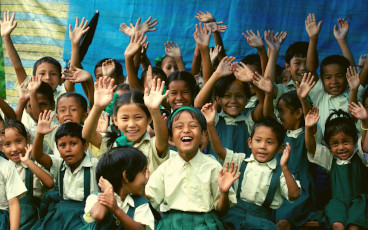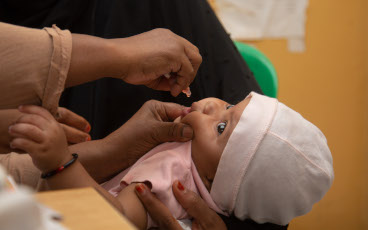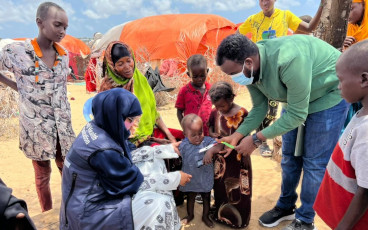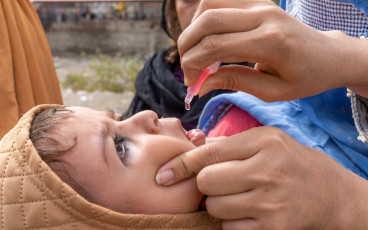Determined for change – Women at the forefront of polio eradication in Nigeria
Working with the polio programme opens up new opportunities for women and their communities.
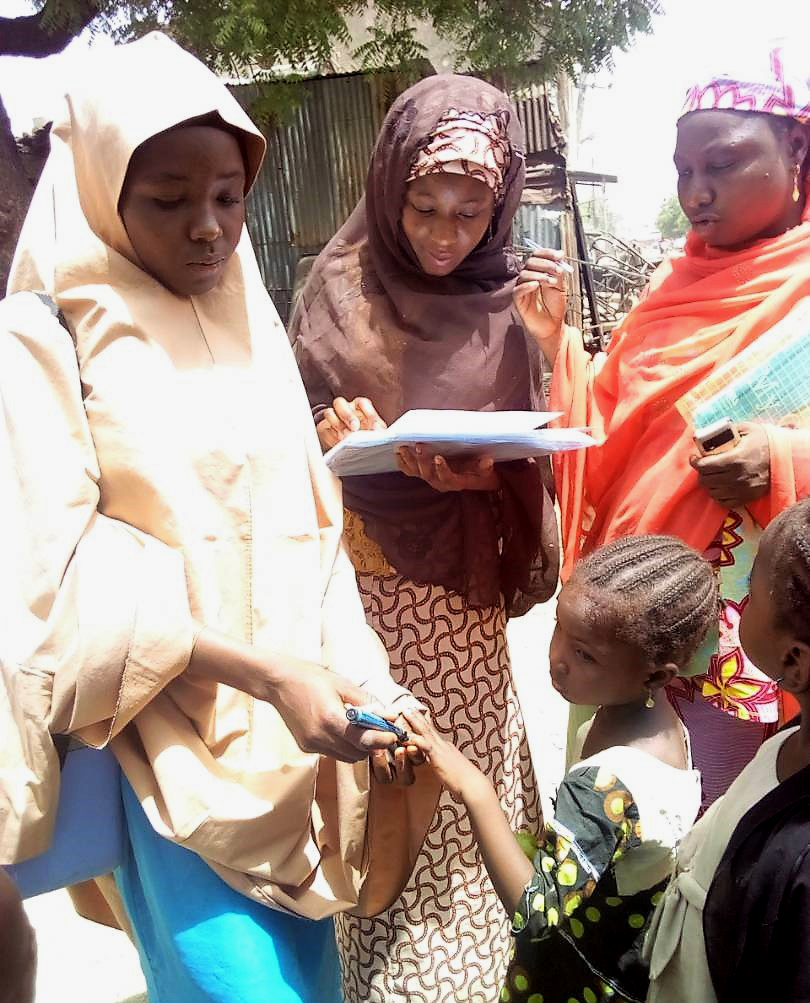
Binta Tijjani works to eradicate polio in her native Kano state of Nigeria. She is one of the over 360 000 frontline workers dedicated to ending polio in her country, the vast majority of whom are women. Nigeria is one of only three countries in the world yet to stop poliovirus circulation, together with Afghanistan and Pakistan.
Binta has worked in polio eradication for over 14 years. Starting as a house-to-house vaccination recorder, she was soon promoted to the role of polio campaign supervisor and now works as an independent polio campaign monitor.
“My biggest strength is my ability to work closely with our teams to ensure we reach every last child with vaccines, and advising teams so they can ask the right questions and raise important issues in each household they visit,” Binta says.
Working with the polio programme often opens up other opportunities for women to enter the workforce and utilize their skills to contribute to their communities, leading to positive investments beyond polio eradication.
“My work with the polio programme has enabled me to buy land and take care of my children’s school fees and our household needs. Currently I’ve enrolled in a course to get a certificate in catering. My dream is one day to open a restaurant,” Binta says.
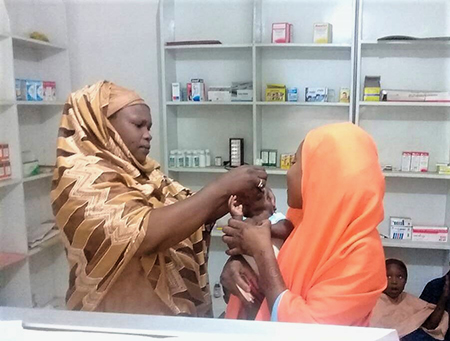
Similar to Binta, Halima Waziri has been serving the polio eradication cause in different roles since 2005. Currently Halima works as a lot quality assurance sampling interpreter in Kano state, assessing the quality of vaccination coverage after immunization campaigns in her area.
“I am most proud of engaging in many productive dialogues about polio vaccination in remote and hard-to-reach areas and high-risk communities in Nigeria. This has helped me to improve my interpersonal communication skills and given me confidence in public speaking and influencing people,” Halima says.
With the money she has earned as a polio worker, Halima has opened a medicine store where she sells medicines and also acts as a community informant and focal point for disease surveillance.
Nigeria was on the brink of eradicating polio when a new wild poliovirus case was reported in 2016 after two years without any confirmed cases. Low overall routine immunization coverage is a key stumbling block to eradication, combined with ongoing violent conflict in the northeast where over 100 000 children remain inaccessible for vaccination teams.
Nigeria continues to implement an emergency response to vaccinate all children under the age of 5 to ensure they are immunized and protected, including implementing vaccination campaigns whenever security permits, vaccinating children at markets and cross-border points, and conducting active outreach to internally displaced people.
Without the critical participation of women as vaccinators, surveillance officers and social mobilizers, Nigeria would not be as close to eradicating polio as it is today. The latest nationwide immunization campaign, synchronized with countries in the Lake Chad basin, aimed to reach over 30 million children in Nigeria in April.
No wild poliovirus cases have been reported in 2017 or 2018. Binta and Halima, together with an army of frontline workers, are determined to keep it this way and secure a polio-free future for Nigeria.


